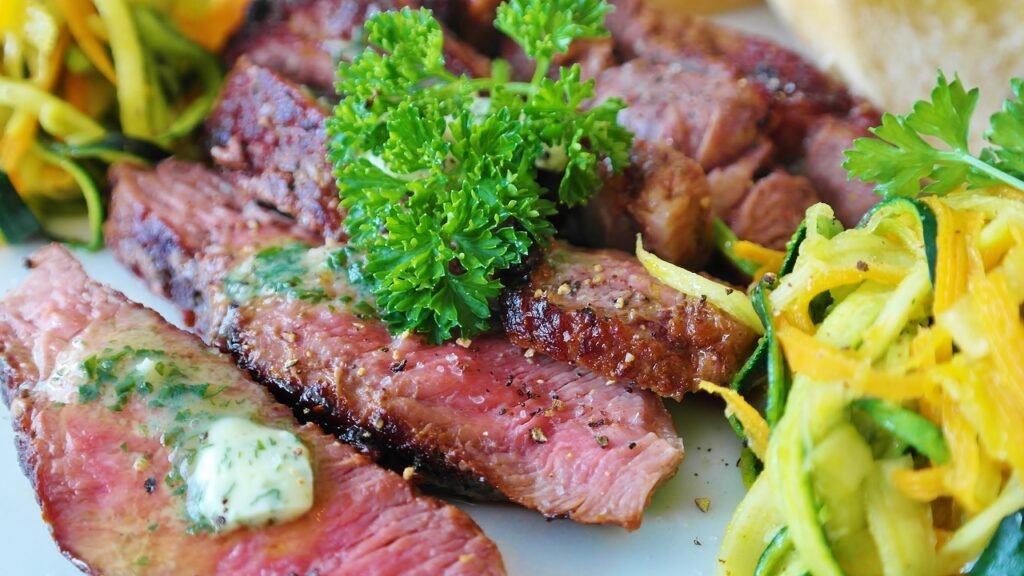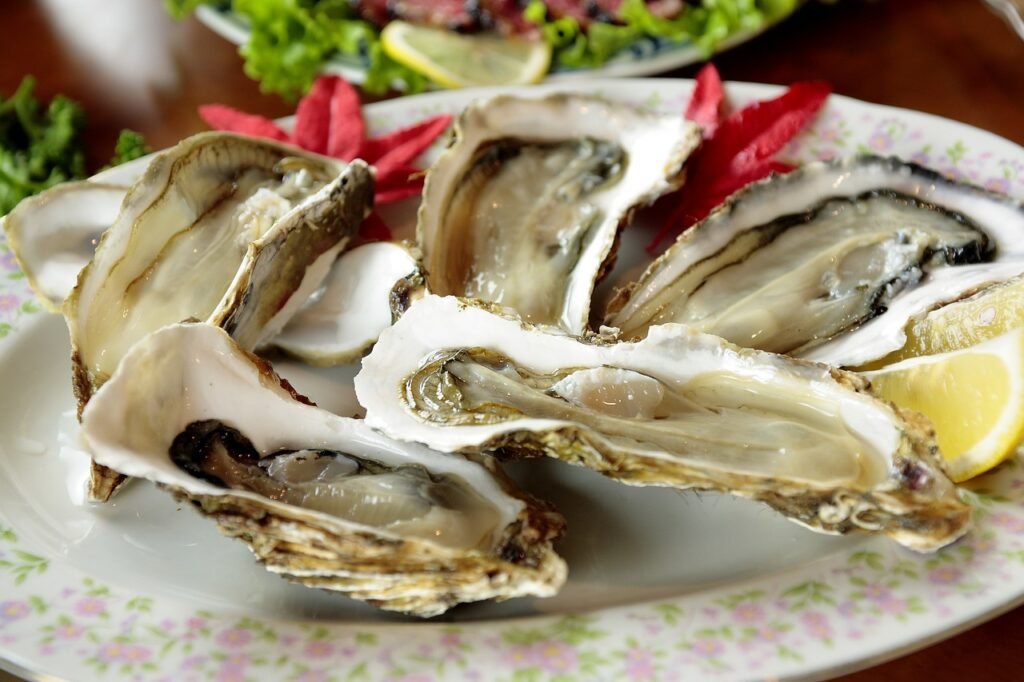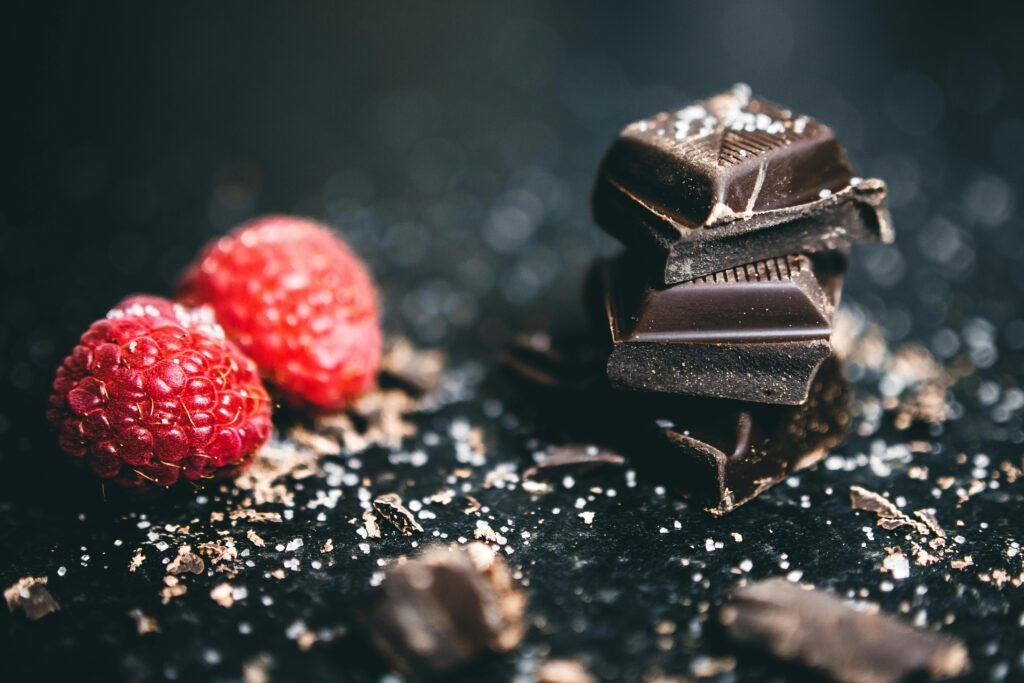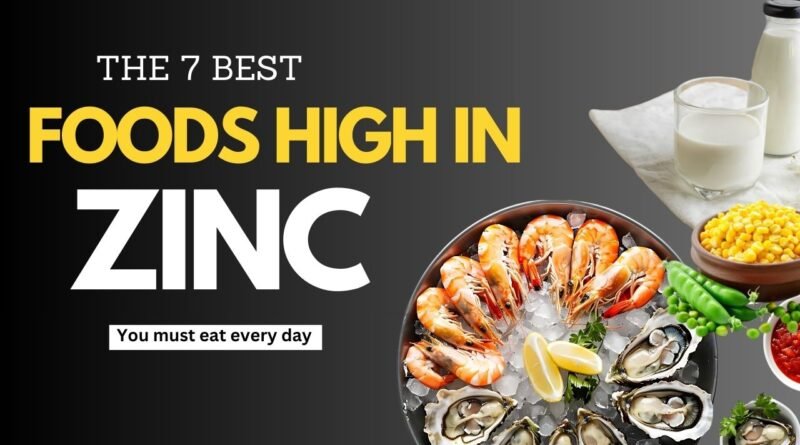7 Foods High In Zinc To Boost Your Immune System
Why should you supplement your body with foods rich in zinc? What are the benefits of zinc?
Zinc is an important mineral with many crucial roles in the body’s activities such as:
– Stimulating appetite in children and promoting healthy growth.
– Supporting the immune system and boosting resistance.
– Producing sperm and sex hormones.
– Activating over 300 types of enzymes, maintaining protein structure, regulating gene activity, and more.
It is clear that zinc is essential for the development and maintenance of a healthy body. The body does not store zinc, so you need to supplement the required amount of zinc daily through zinc-rich foods. However, users should be mindful of supplementing the appropriate amount of zinc according to age, target group, and individual health conditions to ensure safety and effectiveness.
Here are the 7 foods high in zinc that you should add to your daily diet to boost your immune system.
1. Meat
Meat is an excellent source of zinc, especially red meat. In fact, about 100 grams of beef contains 4.8 mg of zinc, accounting for 44% of the daily zinc requirement.
Additionally, animal organs like the heart, liver, and kidneys are also rich sources of zinc.
However, it is important to note that consuming large amounts of red meat, especially processed meat, can increase the risk of heart disease and certain cancers. But if you ensure safe consumption levels of red meat and combine it with a diet rich in fruits, vegetables, and fiber, there is no need to worry.

2. Shellfish
Shellfish such as oysters, crabs, clams, mussels, etc., are foods high in zinc and low in calories. Oysters top the list of zinc-rich foods, containing 10 times more zinc than pork and 50 times more than fresh fish. Six medium oysters provide 32 mg of zinc, equivalent to 291% of the daily requirement. In 100 grams of Alaska crab, there are 7.6 mg of zinc, meeting 69% of the daily requirement. Smaller shellfish like shrimp and mussels are also good sources of zinc. However, for pregnant women, make sure to eat fully cooked shellfish to minimize the risk of food poisoning.

3. Legumes
Legumes contain a significant amount of zinc, primarily concentrated in the germ and bran of the seeds. Thus, highly milled legumes and grains can lose up to 80% of their zinc content. In fact, 100 grams of cooked lentils provide about 12% of the daily zinc requirement.
Legumes are also an excellent source of protein and fiber and can easily be added to soups, stews, and salads. Sprouting or fermenting legumes can increase the bioavailability of this mineral.
4. Nuts
Nuts such as hemp seeds, pumpkin seeds, chia seeds, flaxseeds, sesame seeds, cashews, pine nuts, almonds, walnuts, and pumpkin seeds also contain a certain amount of zinc. These nuts can meet the body’s zinc needs and provide other nutrients such as fats, fiber, vitamins, and more, making them suitable for vegetarians.
However, different nuts have varying levels of zinc. For example, 30 grams of hemp seeds contain about 31% and 43% of the daily recommended zinc intake for men and women, respectively. Cashews are a good choice if you seek a nut with high zinc content. In 28.35 grams, they provide 15% of the recommended zinc intake for men and 21% for women.
In addition to increasing zinc intake, nuts also contribute fiber, healthy fats, vitamins, and minerals. They also help lower cholesterol and blood pressure, making them an excellent addition to your diet.

5. Milk
Dairy products like cheese and milk offer a range of nutrients, including zinc. Cheese and milk contain significant amounts of zinc, most of which can be fully absorbed by the body. For example, 100 grams of cheddar cheese provides about 28% of the daily zinc requirement, while a cup of whole milk provides about 9% of the daily requirement. Additionally, these foods come with other important nutrients for bone health, such as protein, calcium, and vitamin D.
6. Dark Chocolate
Surprisingly, dark chocolate contains a reasonable amount of zinc. In fact, a 100-gram bar of dark chocolate contains 3.3 mg of zinc, providing 30% of the daily requirement. However, 100 grams of dark chocolate also contain up to 600 calories. While you can get some additional nutrients from eating dark chocolate, it is not a food you should consume in large amounts to meet your zinc needs.

7. Green Vegetables
In addition to meat and fish, vegetables are also a rich source of zinc for the body. Zinc-rich vegetables include radishes (11 mg), coconut meat (5 mg), onions (1.43 mg), sweet potatoes (2 mg), carrots (1.11 mg), malabar spinach (0.94 mg), mustard greens (0.9 mg), bamboo shoots (1.11 mg), and corn (1.4 mg).
Overall, fruits and vegetables are not the best sources of zinc, but they remain an essential part of our daily diet.
The safest and most effective way to supplement zinc is through a daily diet of foods rich in zinc. We should balance the intake of animal and plant-based zinc sources. Note that when supplementing zinc, avoid taking it simultaneously with iron, as this can hinder the body’s zinc absorption.

